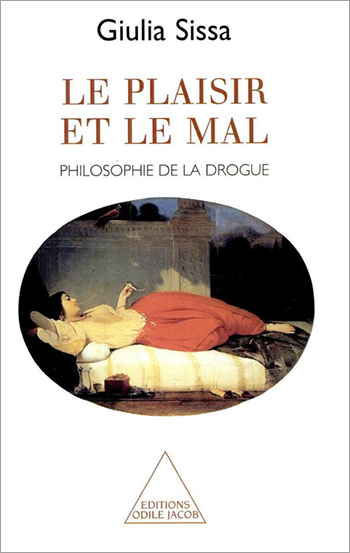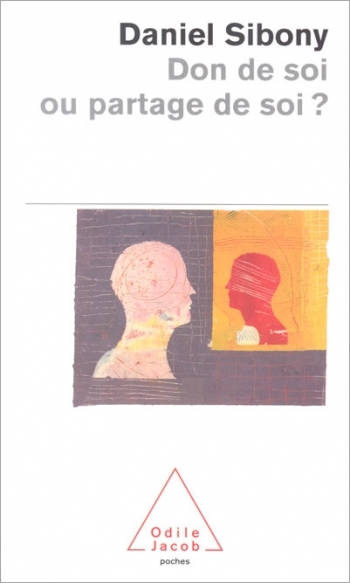Human Sciences All books
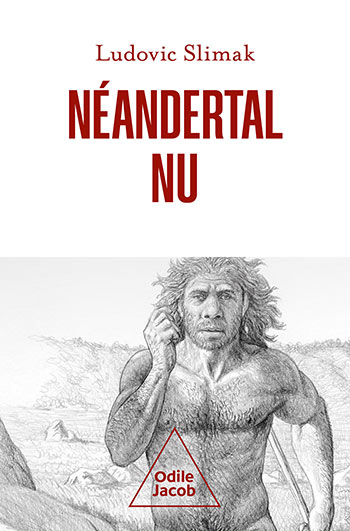
Ludovic Slimak
Neanderthal Uncovered
Neanderthal Man as he truly was; an innovative and enthralling book, which takes us on a journey through space and time with our “human brother.”
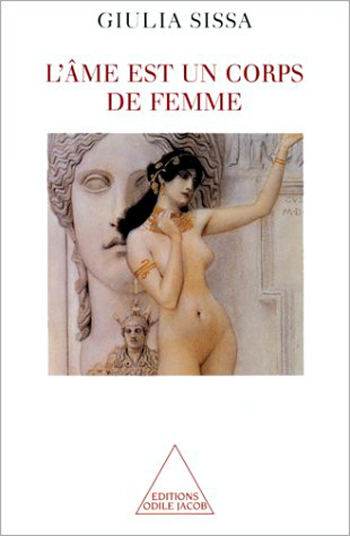
Giulia Sissa
The Soul is a Feminine Being
Do women have a soul ? Philosophers have historically doubted this, refusing to accord women rationality. However, at the same time, they have been unable to imagine the soul without the help of feminine metaphors : the soul conceives, it is pregnant with knowledge, it gives birth in pain and distress but always with the help of someone. In reading classic texts such as Derrida, and deconstructing them while drawing comparisons with others and focusing on what may seem paradoxical, such as the many Freudian slips, Giulia Sissa leads us to interrogate ourselves on the exclusively feminine attributes of the Western soul. A radical questioning of the difference between the sexes which leads us to the most profound aspects of our culture.
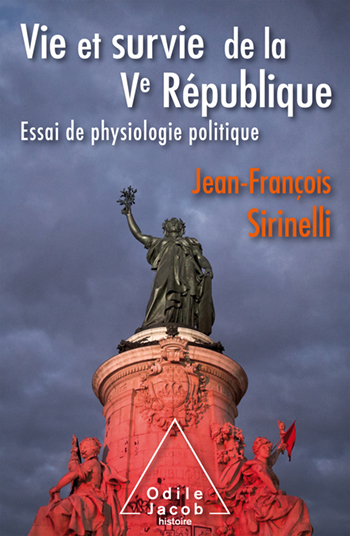
Jean-François Sirinelli
Life and Survival of the Fifth Republic An Essay on Political Physiology
A work of reflection on institutions, their strengths, and their weaknesses, and the reason for their endurance.
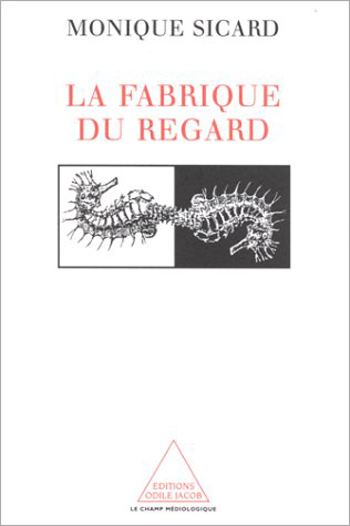
Monique Sicard
The Making of the Image
It was during the Renaissance that images and pictures were first used by anatomists, microscopists, and astronomers as scientific tools. In that era, scientific images served as a kind of inventory of the known world. In the 19th century, the popularization of scientific ideas gave science a new vigor. Photographic images gave science a new reality, explaining and legitimizing scientific concepts--movement, for example--to a fascinated public. In our days, the scientific image is often a construction--helping us to represent objects and ideas that, like fractals or black holes, cannot be defined through actual observation. Monique Sicard is Projects Director at CNRS Images Média.
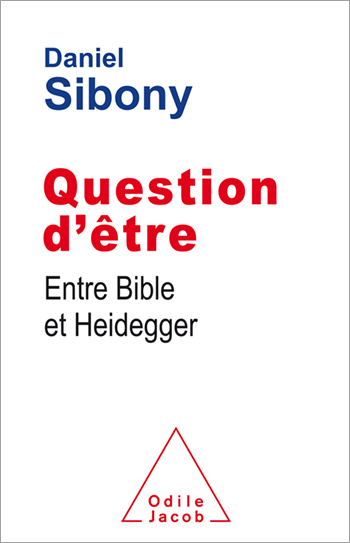
Daniel Sibony
The Issue of Being
What is Being? An Exchange Between the Bible and Philosophy, Heidegger and the God of Moses
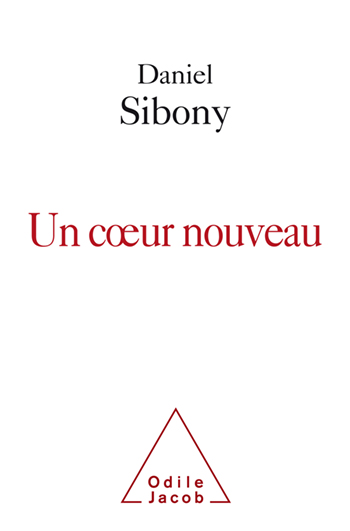
Daniel Sibony
A new heart
A new and striking dive into the world of advanced surgery. But above all, it is a moving meditation on life, its backlash and unity.

